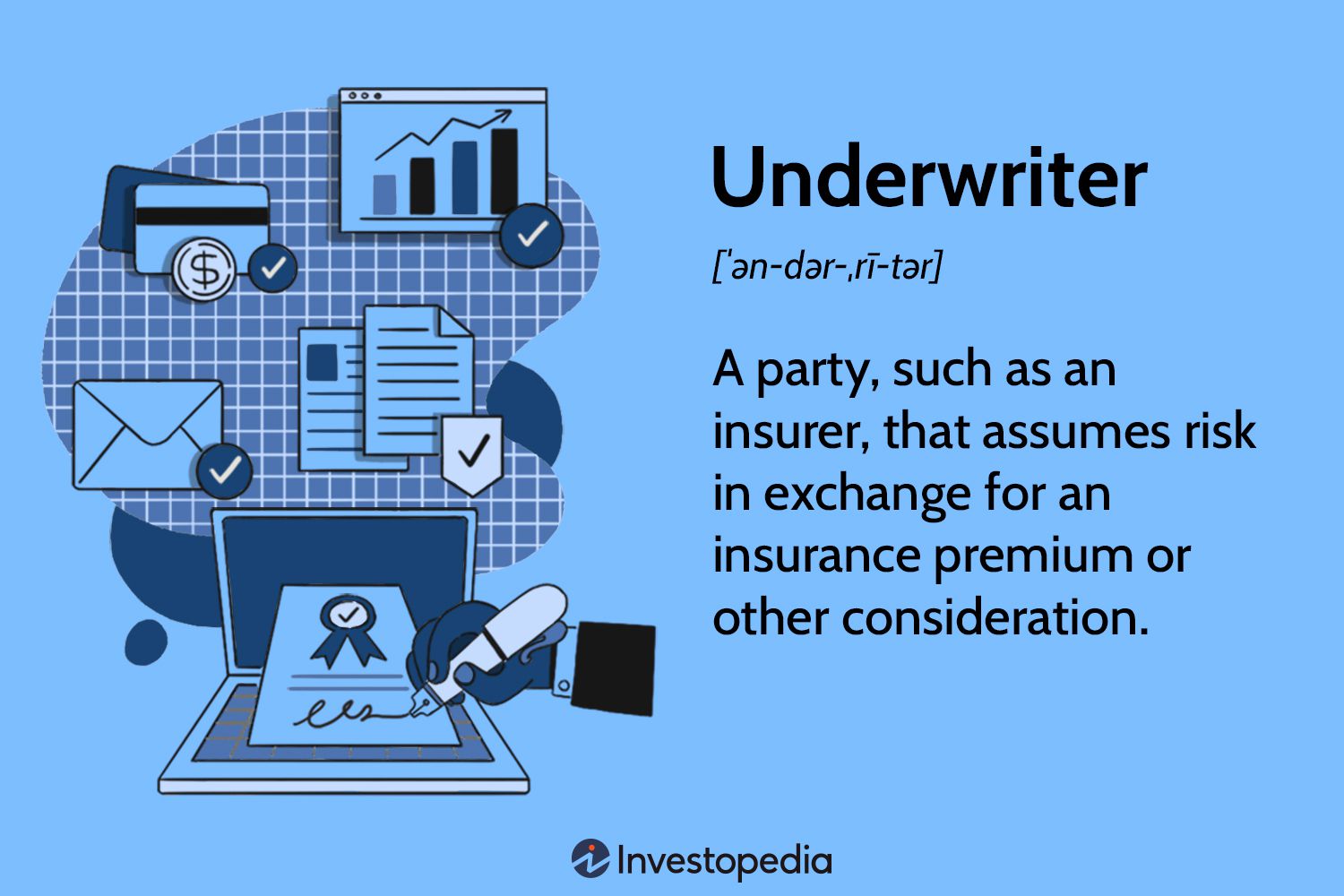When you apply for a mortgage, the lender requires access to a significant amount of your personal and financial information. One crucial aspect that often raises questions is whether underwriters, the individuals responsible for evaluating and approving mortgage applications, have direct access to your bank account. In this article, we’ll delve into this topic and shed light on the intricate process of verifying your financial standing.
The Role of Bank Statements in Mortgage Underwriting
To understand the extent of underwriters’ access, it’s essential to grasp the importance of bank statements in the mortgage underwriting process. Lenders require borrowers to provide recent bank statements, typically covering the past two to three months, for several reasons:
-
Income Verification: Underwriters examine bank statements to confirm regular income deposits, ensuring you have a steady source of funds to make mortgage payments.
-
Expense Analysis: Your spending habits and recurring expenses are scrutinized to assess your ability to manage money responsibly and handle additional financial obligations.
-
Account Stability: Frequent overdrafts, large unexplained transfers, or erratic account behavior can raise concerns about your financial stability and creditworthiness.
-
Asset Verification: Bank statements serve as proof that you have sufficient funds for the down payment, closing costs, and any required cash reserves.
While underwriters do not have direct access to your bank account, they thoroughly analyze the provided bank statements to gain insight into your financial situation.
The Verification Process
To verify the information on your bank statements, underwriters employ various methods, including:
-
Proof of Deposit (POD) or Verification of Deposit (VOD): These forms authorize your banking institution to disclose specific account details, such as the account holder’s name, account type, current balance, and average balance history.
-
Source of Funds: Underwriters scrutinize large deposits to ensure they come from acceptable sources, such as employment income, gift funds (with proper documentation), or the sale of assets.
-
Scrutinizing Transactions: Regular payments or transfers that cannot be linked to disclosed credit accounts or liabilities may raise red flags, prompting further investigation.
It’s important to note that while underwriters do not have direct access to your bank account, they can request additional documentation or explanations if they encounter any inconsistencies or irregularities during the verification process.
Reasons for Loan Denial
Underwriters play a crucial role in determining whether a borrower qualifies for a mortgage loan. If they find discrepancies or issues during the verification process, it could lead to loan denial. Some common reasons for denial related to bank statements and financial information include:
-
Insufficient Funds: If the bank statements reveal insufficient funds to cover the down payment, closing costs, or required cash reserves, the underwriter may deny the loan application.
-
Undisclosed Debts: Regular payments to individuals or undisclosed credit accounts can indicate undisclosed liabilities, which can impact your debt-to-income ratio and overall creditworthiness.
-
Unacceptable Sources of Funds: Underwriters must ensure that the funds used for the mortgage transaction come from acceptable sources. If they cannot verify the source of large deposits, they may be forced to disregard those funds, potentially leading to loan denial.
-
Financial Mismanagement: Frequent overdrafts, non-sufficient funds (NSF) fees, or erratic account behavior can be interpreted as poor financial management, raising concerns about your ability to handle mortgage payments responsibly.
Ensuring a Smooth Underwriting Process
To facilitate a smooth underwriting process and increase your chances of mortgage approval, it’s essential to be transparent and provide accurate information from the outset. Here are some tips to keep in mind:
-
Review Your Bank Statements: Carefully review your bank statements before submitting them to the lender. Identify and be prepared to explain any large deposits, irregular transactions, or recurring payments that may raise questions.
-
Maintain Stable Finances: Avoid opening new credit accounts, making large purchases, or changing jobs during the mortgage application process, as these actions can impact your financial standing.
-
Provide Supporting Documentation: Be prepared to provide additional documentation, such as gift letters, asset statements, or explanations for any unusual transactions, if requested by the underwriter.
-
Communicate Openly: If there are any changes or extenuating circumstances regarding your financial situation, promptly inform your lender. Open communication can help resolve potential issues and prevent unnecessary delays or denials.
Remember, underwriters are responsible for ensuring that borrowers meet the lender’s guidelines and can responsibly handle the financial obligations of a mortgage. By being transparent and diligent in providing accurate information, you can establish trust and increase your chances of a successful mortgage application process.
Assets Part 2 – What Do Underwriters Look For In Bank Statements?
FAQ
Can underwriters see your bank account?
Do loan companies have access to your bank account?
Who can access your bank account legally?
Do lenders contact your bank?

